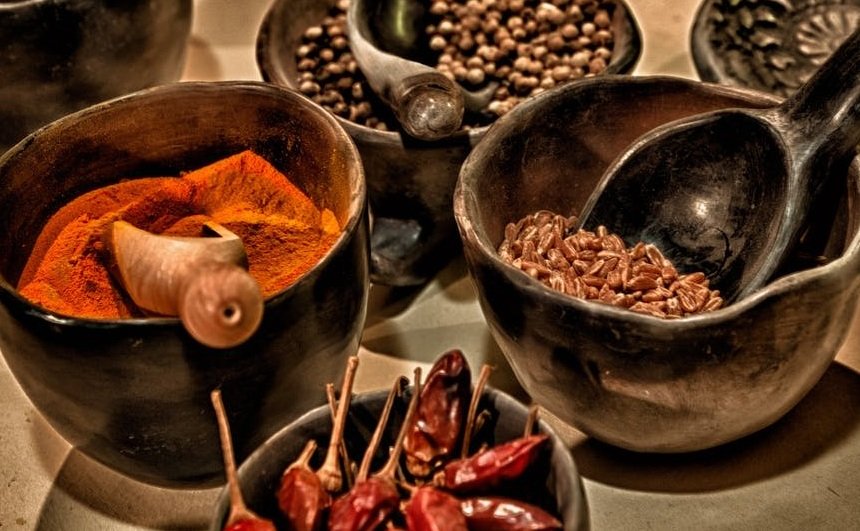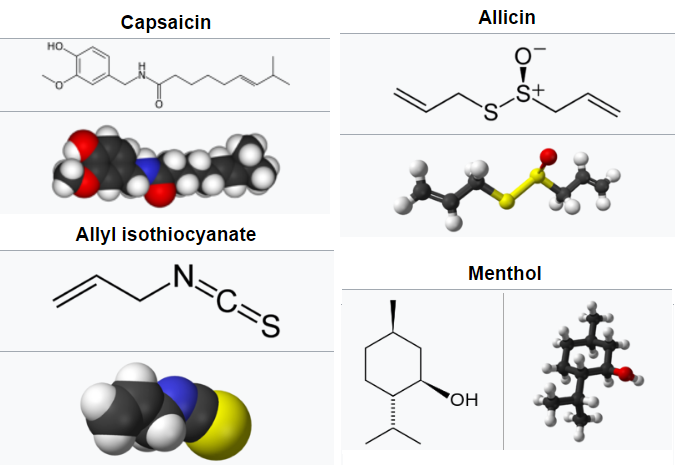
As I am a self-proclaimed spicy food enthusiast, I've somehow learned to really love the sensation of scorching heat inside my mouth while I'm eating. Of course, I'm not that big a fan of the heat of it on the way out.
But why is hot food actually hot? Is it really changing the temperature of the inside of my mouth and of my you-know-what?
Nope. No heat, just chemicals!
I guess talking about spicy food is actually a good example of the imperfection of our perceptions and of our senses and why it is important to check the science on things before we trust what we think we are feeling. Because the hot sensation of spicy food doesn't really mean that there is any heat that is being introduced into your mouth.
The reason you feel a sensation of heat is the fact that spicy food contains chemicals that can dupe the heat receptors in your mouth. So your brain is sounding the fire alarm without there really being any fire.
The most common "spicy" chemical is capsaicin which is found in chilli pepers. It not only stimulates the heat receptors in our mouth but also binds to them which leads to a longer lasting sensation. The reason milk is better than water at putting out the fire is the fact that capsaicin is actually fat-soluble so the milk can actually take some of it away more effectively than water.

But there are a number of other chemicals that can dupe our receptors to feel heat and different compounds usually produce a different kind of burn based on the exact way they work. For instance, we have allyl isothiocyanate which gives that special type of hot that hits you right in the nose to wasabi, mustard and horseradish. This compound is much more volatile than capsaicin which allows it to fly up into your nose to make you wonder why you ate it in the first place. It doesn't bind to the receptors so well, so the burn doesn't last that long. This means that there's usually no lesson learn and you are ready to go for more in a minute.
Other chemicals to do the job in their own way are piperine which is found in black peper, allicin which is found in garlic and syn-Propanethial-S-oxide which is found in onions and feels like it drew the short stick namewise.
Interestingly enough, there are chemical compounds which can trick your sensations in the opposite way, giving you a feeling of coolness and freshness. You guessed it, it's menthol which is a chemical that dupes your body to think it is being exposed to low temperatures instead of high ones.

And what about the backside question?
Well, the answer is actually pretty straight-forward. If your body hasn't managed to metabolize all of the spicy stuff you have ingested, some of it will still be present on the way out for your tender parts to feel.
Image credits: [1] | [2] | [3]
